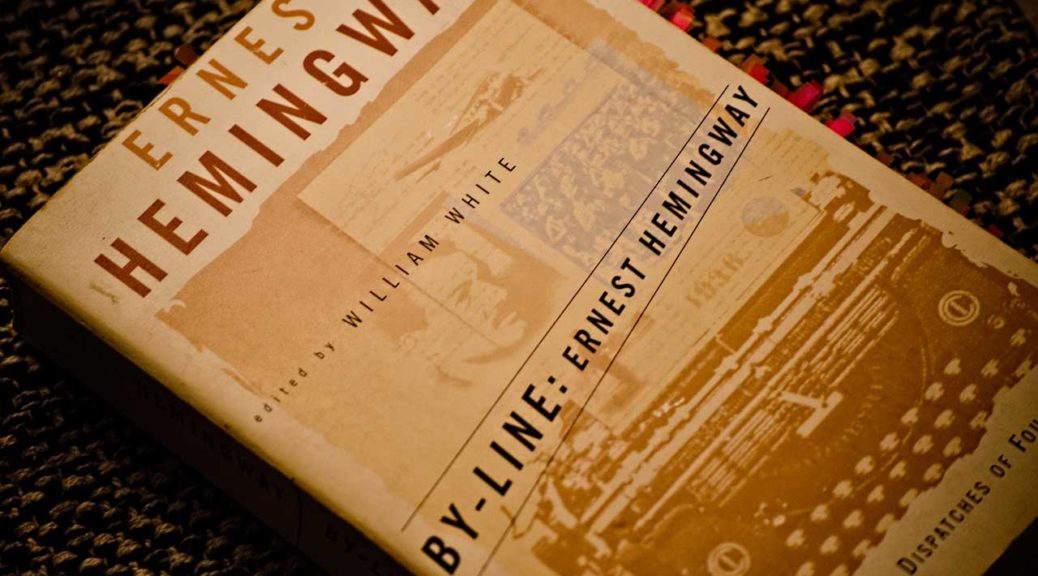
Tag Archives: Nobel Laureates

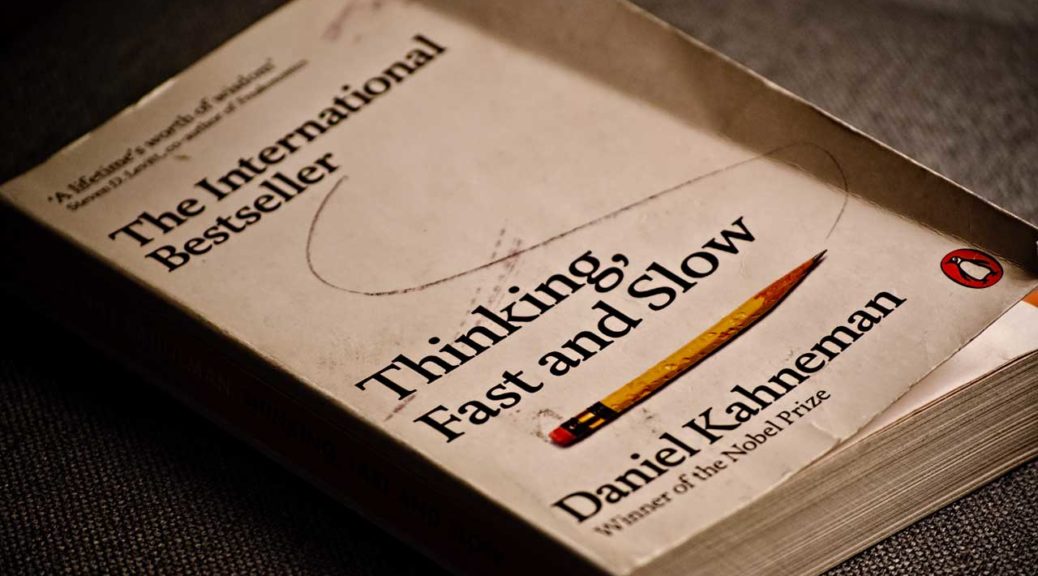
Thinking, Fast and Slow
Kahneman, Daniel. Thinking, Fast and Slow. Penguin, 2011.
to read: The Black Swan: The Impact of the Highly Improbable and Fooled by Randomness by Nassim Nicholas Taleb.
The Halo Effect by Phil Rosenzweig
See the dictator game
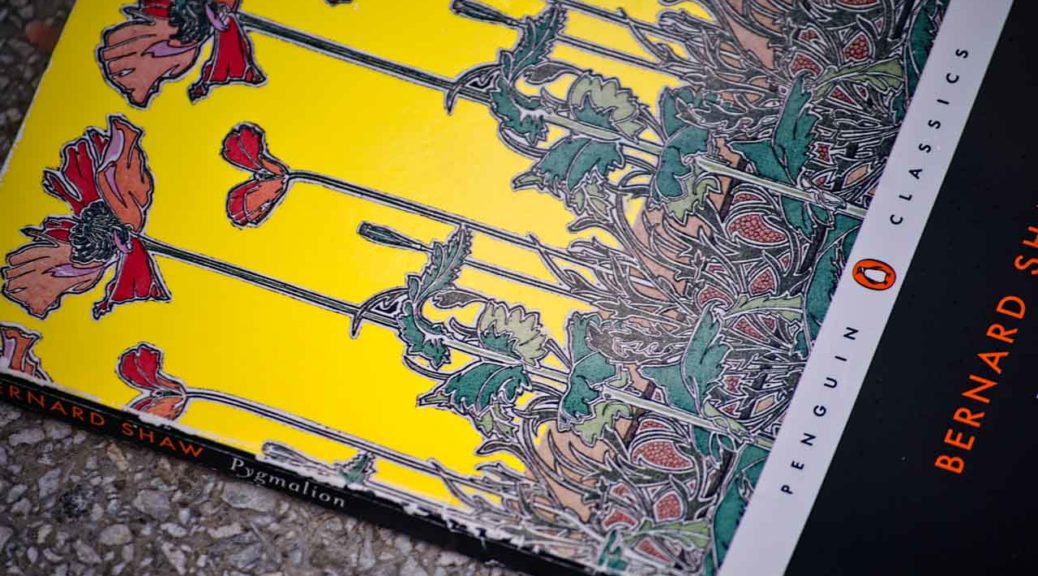
Pygmalion
Shaw, Bernard, et al. Pygmalion a Romance in Five Acts. Penguin Books, 2003. Premiered 1913.
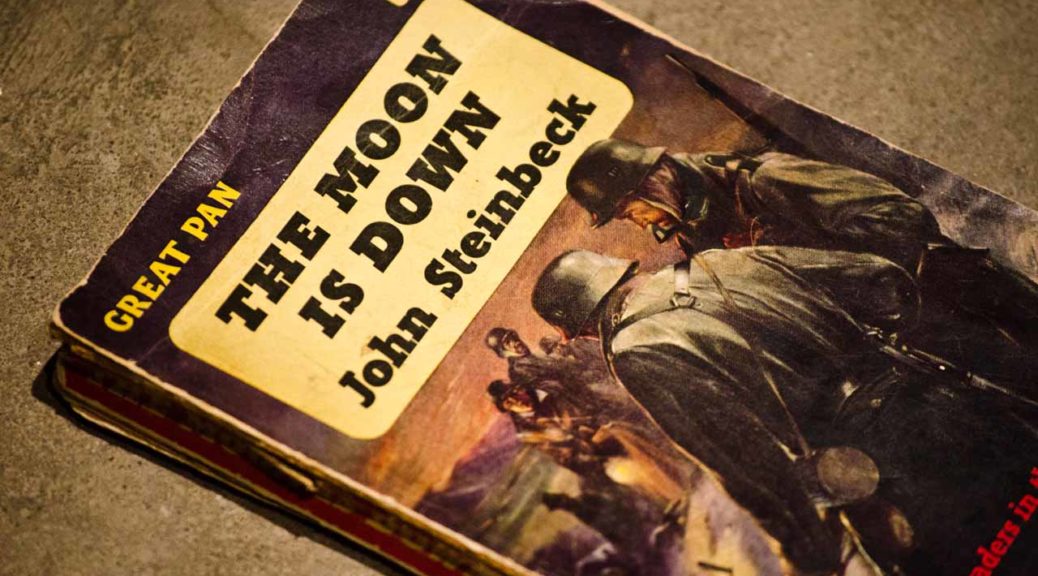
the moon is down
Steinbeck, John. The Moon Is Down. Pan Books LTD, 1961. First published 1942.
BANQUO How goes the night, boy?
FLEANCE The moon is down; I have not heard the clock.
Macbeth Act II, Scene i.
to watch: The Moon Is Down (1943) Irving Pichel.
remains of the day
rewatched Remains of the Day | James Ivory | DP: Tony Pierce-Roberts | Screenplay: Ruth Prawer Jhabvala
to read Remains of the Day by Kazuo Ishiguro.
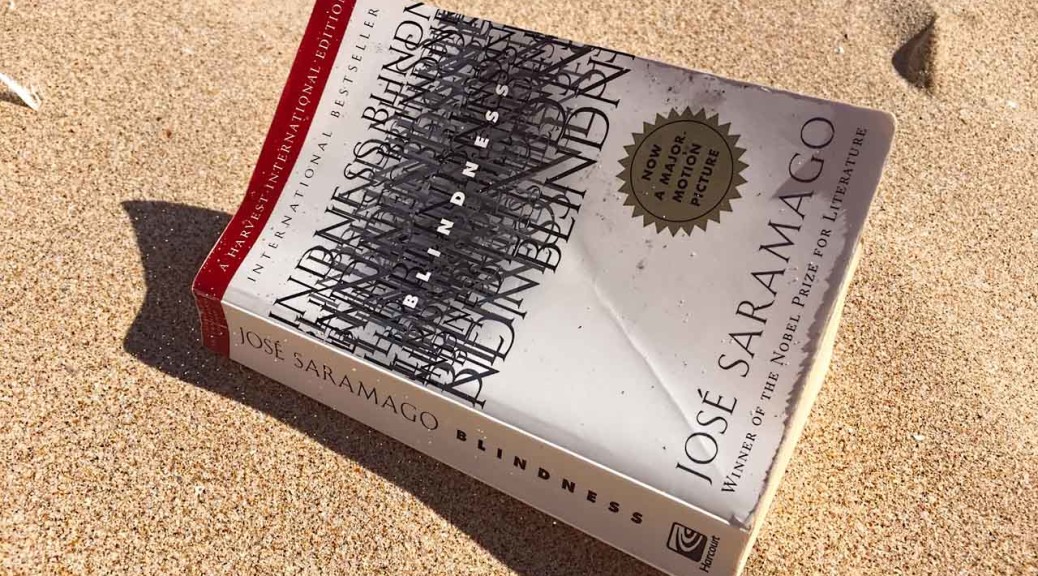
Ensaio sobre a cegueira (Blindeness)
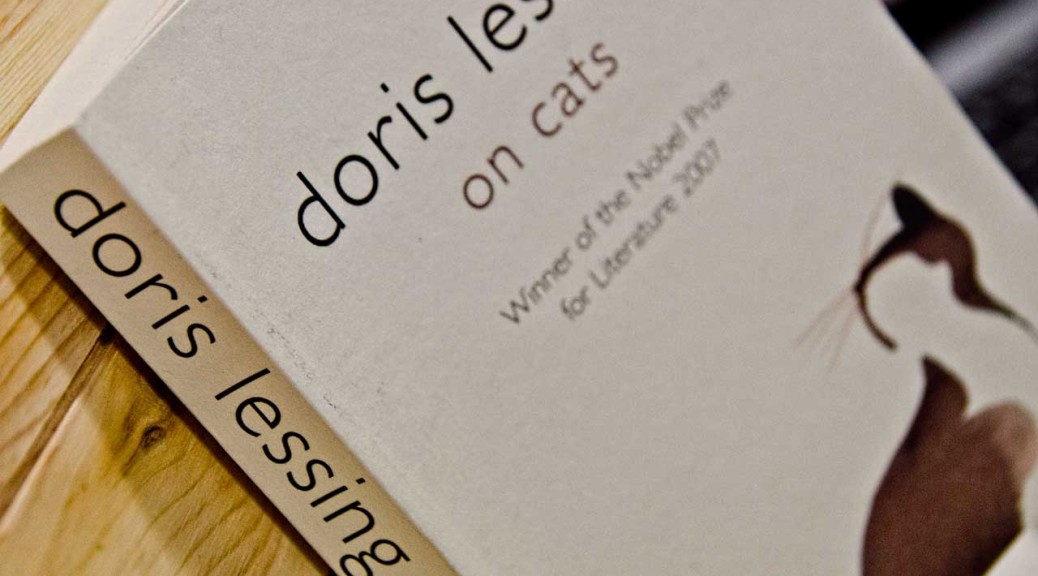
on cats
Lessing, Doris. On Cats. London: Harper Perennial, 2008. Print. First published 2002.
Particularly Cats (1967)
Rufus the Survivor (1993)
The Old Age of El Magnifico (2000)
“Hawks for sunlight; owls for half-light; but for the night, cats, wild cats.” p. 7
“Wild cat mated with out cats, lured peaceful domestic pussies off to dangerous lives in the bush for which, we were convinced, they were not fitted.” p. 7
“This was no wild cat, it was one of our own. We recognized it, that ugly corpse, as Minnie, an enchanting pet from two years before who had disappeared-taken, we thought, by a hawk or an owl.” p. 8
Mother:
“But more than that: she was one of that part of humankind which understands how things work; and works with them. A grim enough role.” p. 13
Father:
“‘Nature’ he’d say, capitulating, ‘is all very well, if it’s kept in its place.'” p. 13
“A year, less, of my mother’s refusal to act her role as regulator, arbiter, balance between sense and the senseless proliferation of nature, had resulted in the house, the sheds around the house, the bush that surrounded the farmstead, being infested by cats.” p. 15
“At a certain age – and for some of us that can be very young – there are no new people, beasts, dreams, faces, events: it has all happened before, they have appeared before, masked differently, wearing different clothes, another nationality, another colour; but the same, the same, and everything is an echo and a repetition; and there is no grief even that it is not a recurrence of something long out of memory that expresses itself in unbelievable anguish, days of tears, loneliness, knowledge of betrayal and all for a small, thin, dying cat.” p. 20
“For weeks she lay in my hands purring, purring, in a rough trembling hoarse little voice that became weaker, then was silent; licked my hand; opened enormous green eyes when I called her name and besought her to live; closed them, died, and was thrown into the deep shaft – over hundred feet deep it was -which had gone dry, because the underground water streams had changed their course one year and left what we had believed was a reliable well a dry, cracked, rocky shaft that was soon half filled with rubbish, tin cans and corpses.” p. 22
“There are always cats on the walls, roofs, and in the gardens, living a complicated secret life, like the neighbourhood lives of children that go on according to unimagined private rules the grown-ups never guessed at.” p. 41
“Even as a kitten she could express annoyance, or pleasure, or a determination to sulk, by what she ate, half-ate, or chose to refuse. Her food habits are an eloquent language.” p. 47
“the sullen hostile eyes always on the watch for admiration.” p. 50
“The cats lined up on the garden wall. First, the sombre old winter cat, king of the back gardens.” p. 52
“The kitten is expelled, lies at the cat’s back end. The cat looks, with a trapped, waiting-to-escape reflex, at the new thing attached to her; she looks again, she does not know what it is; then the mechanism works, and she obeys, becomes mother, purrs, is happy.” p. 60
“When she knew I had, she purred, hoping I would soften, and licked my face and bit my nose. All no use. I ordered her back, and she went, sulking.” p. 64
“If a fish is the movement of water embodied, given shape, then cat is a diagram and pattern of subtle air.” p. 70
“Cat like a soft owl, cat with paws like moths, jewelled cat, miraculous cat! Cat, cat, cat, cat.” p. 71
“She is elegant. She has curved noble profile, like a cat on a tomb.” p. 84
“Grey cat licks my face, delicately, looks briefly out of the window at the night, acknowledge tree, moon, stars, winds, or the amours of other cats from which she is not infinitely removed, then settles down.” p. 104
“Grey cat and black cat exchange long green and yellow stares.” p. 105
“Grey cat is running across our garden, a string of sausages trailing behind her, to deposit them on our kitchen floor. Perhaps a gesture originated in hunting ancestors who were trained to catch and bring food to humans” p. 109
“She put a paw to her picture in the water, but, unlike a mirror, her paw went through it, into wet.” p. 134
“Or when she lifts her eyes to the moon over the chimney pots?”
“one day she came back and sat at the edge of the clearing where the house was, looking at the house, the people, the door, the other cats, the chickens – the family scene from which she was excluded.” p. 158
“The long dry season had flattened and thinned the grass, cauterized bushes: everything in sight was skeleton, dry sticks of grass; and the tiny leaves fluttering on them merely shadows.” p. 159
“Under the verandah were the dogs, and they were barking at the old cat, who crouched out in the rain, her eyes green in the lantern-light.” p. 161
“We flashed the light through interstices of the branches, and we thought we saw the cat moving, but were not sure.” p. 162
To read: The Soul of the White Ant by Eugène Marais
“Last week I trod on grey cat’s tail by mistake: she let out a squak, and black cat leaped in for a kill: instant reflex. Grey cat had lost favour and protection, so black cat thought, and this was her moment.” p. 175
Rufus the Survivor
“He had the air of one who knows he must make the most of what Fate offers before it is withdrawn.” p. 183
“This is how mother cats greet their kittens, kittens greet their mother. Had he been dreaming of when he was a kitten?” p. 215
The Old Age of El Magnifico
“We intended to drop the name, this boring unimaginative name, that half the male cats in the country get called, and dogs too, Butch, Big Butch, by the name stuck, though softened, first because of his kitten status, to Butchkin, and then Pushkin, or Pusskin, Pusscat, Pushka – all the variations on the ppsssk psssh puss sounds that for some reason seem to fit with the reality of Cat.” p. 224
***”There is no coquetry in this honest cat, she disdains female wiles, quite unlike Grey Cat, whose life is such a long way in the past” p. 238
“If our dream worlds are not the same, cats and humans, or seem not to be, then when he sleeps where does he travel?” p. 244
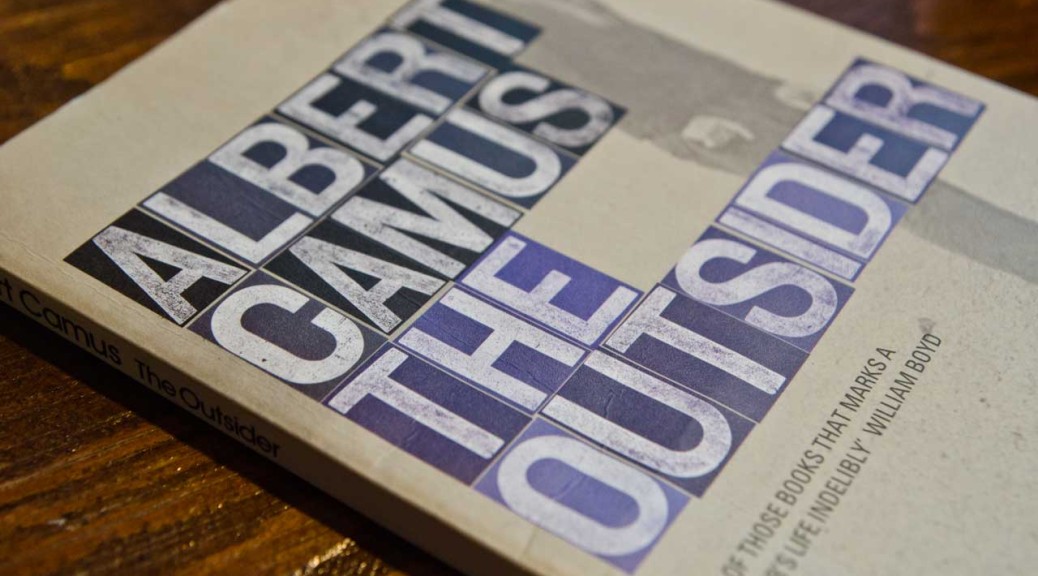
L’Étranger
Camus, Albert. The Outsider. London: Penguin Modern Classics, 1982. Print. Translated by Joseph Laredo. First published 1942.
—
Nobel Laureates 1989-1985
Camilo José Cela 1989
Spain (novel/short story) (see Generacion del 36 and tremendismo)
The Family of Pascual Duarte (La familia de Pascual Duarte), La colmena, San Camilo, 1936
نجيب محفوظ Naguib Mahfouz 1988
Egypt (novel/short story/screenplay)
ثلاثية القاهرة The Cairo Trilogy (Palace Walk بين القصرين, Palace of Desire قصر الشوق, Sugar Street السكرية [Novels named after actual streets in Cairo,])
Ио́сиф Алекса́ндрович Бро́дский Joseph Brodsky 1987
US/Soviet Union (poetry/essay)
Less Than One: Selected Essays, Collected Poems in English, 1972–1999, To Urania : Selected Poems, 1965–1985
Akinwándé Oluwolé Babátúndé Sóyinká Wole Soyinka 1986
Nigeria (drama/novel/poetry)
Season of Anomy, The Interpreters, Death and the King’s Horseman
Claude Simon 1985
France/Madagascar (novel)